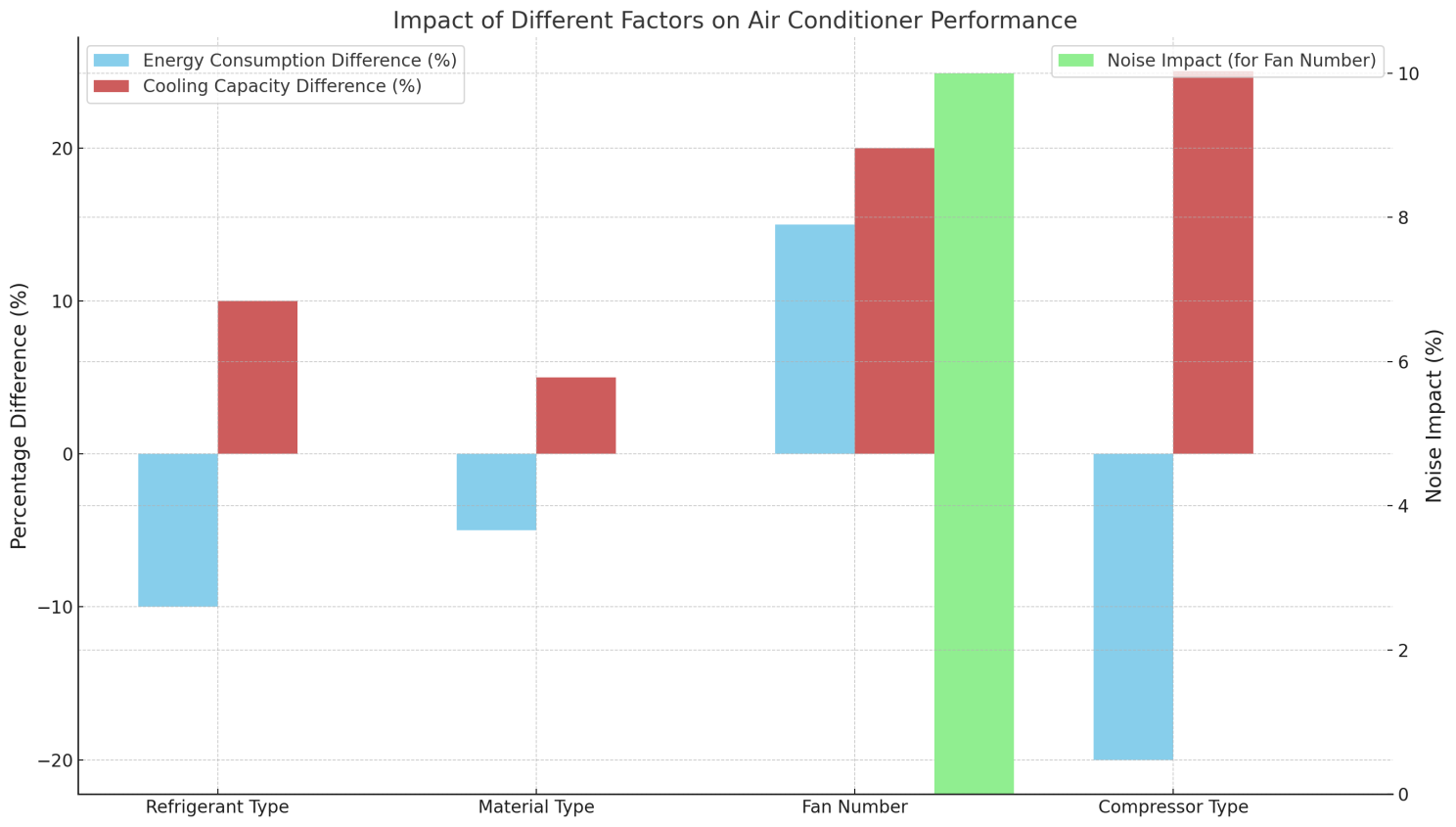Choosing the Wrong Parking Air Conditioner? These Overlooked Factors Could Be Why.
January 29, 2019
By Wang Jun at Vethy
In the realm of long-haul trucking and recreational vehicle (RV) travel, the comfort of drivers and passengers is of utmost importance, especially during rest periods. This is where parking air conditioners come into play, offering a revolutionary solution to maintain a comfortable cabin temperature without needing to keep the vehicle's engine running. This extended explanation delves into the intricacies of how parking air conditioners work, their crucial functions, and provides detailed guidance on selecting the most suitable unit for your needs.
Understanding Parking Air Conditioners
How They Operate
Parking air conditioners are ingeniously designed to function independently from the truck's or camper's main engine. This autonomy is crucial for their operation, as it allows the air conditioning system to run while the engine is off, conserving fuel and reducing wear and tear on the engine. These units can draw power from various sources, including the vehicle's primary electrical system, an auxiliary battery system, or even solar panels, providing flexibility and sustainability.
The core mechanism involves a refrigerant circulating through a closed system comprising a compressor, condenser, and evaporator. The compressor pumps the refrigerant through the system, where it absorbs heat from the cabin air and releases it outside, thereby efficiently cooling the interior.
Essential Functions
Maintaining Comfort During Rest: The ability to control the cabin temperature during rest periods without idling the engine is the primary function of parking air conditioners. This feature is indispensable for drivers' health, comfort, and overall well-being, ensuring restorative rest and reducing the risk of fatigue.
Enhancing Fuel Efficiency and Environmental Sustainability: These systems significantly cut down fuel consumption by negating the need for engine idling. This reduction in fuel use not only saves costs but also diminishes the environmental impact of long-haul travel, aligning with global efforts towards sustainability.
Preserving Engine Health: Traditional methods of keeping the cabin cool involved idling the engine for prolonged periods, leading to unnecessary wear and increased maintenance. Parking air conditioners eliminate this issue, contributing to a longer engine life and reducing the frequency and cost of repairs.
Selecting the Right Parking Air Conditioner
Choosing the appropriate parking air conditioner involves a comprehensive assessment of various factors to ensure the unit meets all your specific requirements:
Compatibility with Vehicle Dimensions: The physical dimensions of the air conditioner should be compatible with the available space on your vehicle to ensure a seamless installation and operation.
Cooling Efficiency vs. Power Consumption: The choice between single and dual fan units affects the balance between cooling efficiency and power consumption. Dual fan units generally offer superior cooling but at the expense of higher energy use.
Compressor Type: The type of compressor is pivotal in determining the unit's efficiency, noise level, and durability. Options include rotary, piston, or inverter compressors, each with its own set of advantages and considerations.
Material Quality: The durability and efficiency of the air conditioner are also influenced by the materials used in the evaporator and condenser. High-quality materials like copper offer better heat exchange and longevity.
Eco-friendly Refrigerants: In an era of environmental consciousness, selecting a unit that uses eco-friendly refrigerants is crucial. These substances have a lower environmental impact and are often required by regulations.
Energy Efficiency Ratings: Units with higher EER or SEER ratings deliver more cooling per unit of electricity, optimizing energy use and reducing operational costs over time.
Noise Levels for Comfort: Especially in a rest environment, lower noise levels are essential for uninterrupted sleep and relaxation.
Maintenance and Durability: Opt for units that are easy to maintain and built to last, ensuring they can withstand the rigors of the road with minimal downtime for repairs.
Cost-effectiveness and Warranty: While budget considerations are important, it's also vital to consider the warranty and the long-term savings in terms of reduced maintenance and fuel costs.
In conclusion, the advent of parking air conditioners represents a significant leap forward in enhancing the comfort, efficiency, and sustainability of trucking and RV travel. By thoroughly understanding their operation, appreciating their key functions, and carefully selecting a unit based on a detailed evaluation of various factors, drivers and RV enthusiasts can greatly improve their travel experience.






